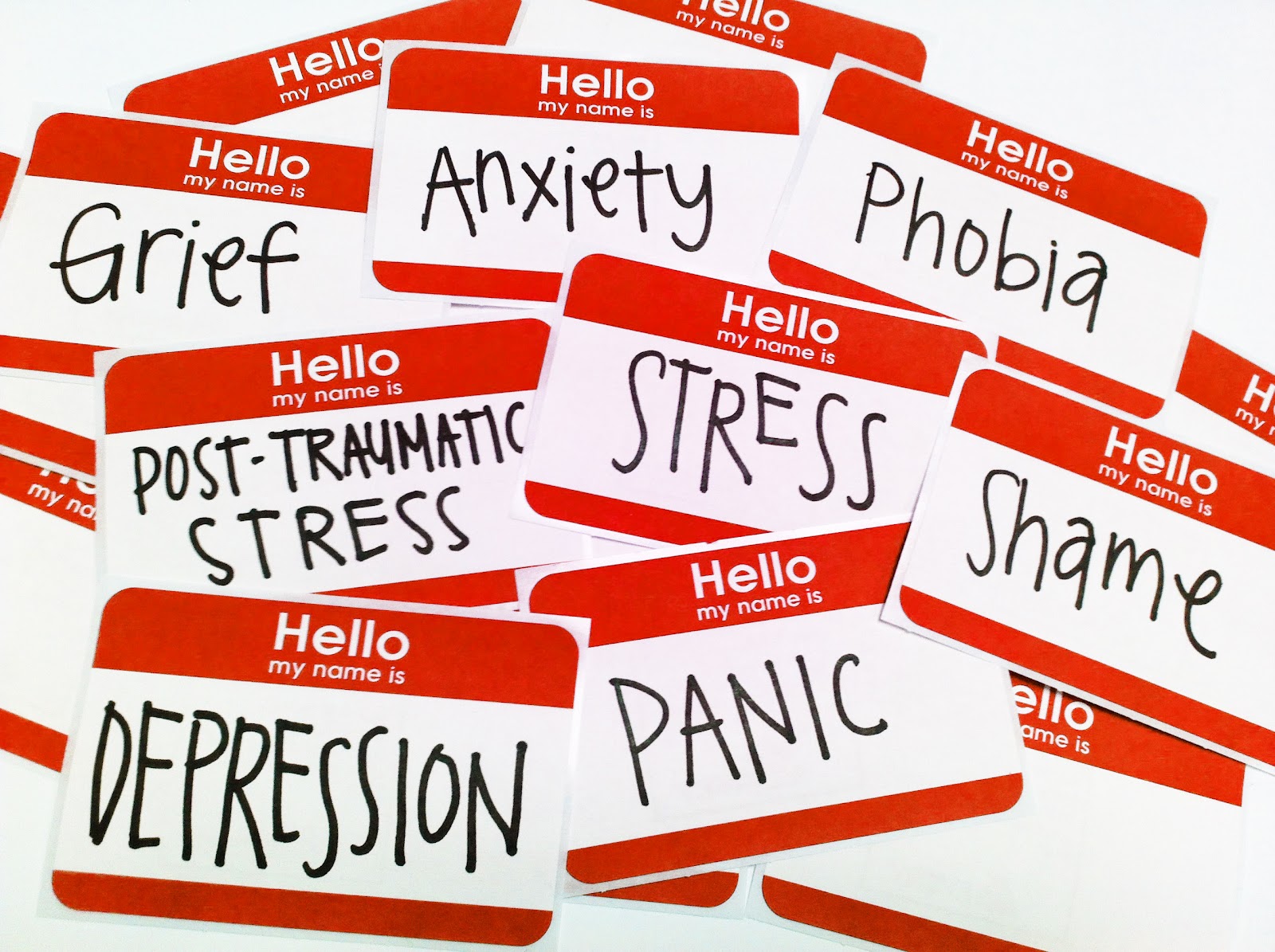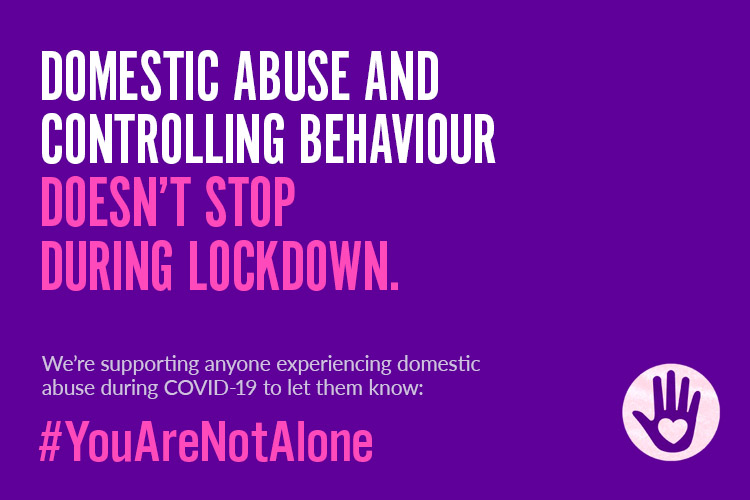On the 10th of September, it will be World Suicide Prevention Day. Exactly a month after, on the 10th of October, it will be World Mental Health Day. While these are important dates in the calendar and it will be great to add our voices to the causes on those dates, it’s also really important to talk about these issues throughout the year.
By doing so we raise awareness and reduce the stigma associated with mental illness, which in turn means that people are more likely to seek help and know where to find it.
If you or someone you care about is struggling with mental health problems, please know that there is help out there from a variety of sources and that you aren’t alone.
Studies have shown that a quarter of the UK population struggle with mental health problems each year, so it’s likely that even if you don’t struggle with mental health problems, a colleague, friend, family member or someone you pass by in the street does. See Mind’s website for more helpful statistics on the prevalence of mental health issues by clicking here.
To help you understand a little more about mental health problems, we’ve created a list of some common mental health problems and commonly associated symptoms. The list is not by any means exhaustive, and it should not replace professional medical help and diagnosis by an appropriate medical professional.
Clinical depression is complex and it affects everyone differently. It is normally characterised by a persistently low mood.
This can range from feeling somewhat sad, numb or tearful for most of the day for at least two weeks, to feeling as though life is not worth living and being unable to carry out day to day tasks due to the severity of your symptoms.
Symptoms of depression can include a disturbance in sleep and eating patterns, appetite issues, feeling numb, problems communicating oneself, an inability to maintain concentration, anxiety, the belief that nothing will get better, low self-esteem and other problems.
Insomnia
It has now been recognised that insomnia can sometimes be a mental health problem that occurs in isolation. However, it is rarely a mental disorder in and of itself: insomnia is typically present as part of the symptoms of other mental health problems. Insomnia sufferers have difficulty falling asleep or staying asleep for long periods of time.
Regardless of whether it occurs on its own or as part of other problems, insomnia can be devastating for sufferers as it can cause a variety of symptoms that make it difficult to function in day to day living. These include exhaustion, hallucinations, dizziness, a sense of helplessness and/or isolation and a serious lack of concentration.
Bipolar Disorder
Bipolar – previously known as manic depression – is characterised by alternating periods of intensely low and high moods. The gaps between these mind states can be up to 2 weeks.
They are different from ‘mood swings’ which affect almost everyone from time to time. During low periods, the person experiences symptoms outlined in the depression section on this page. However, during manic or high states, sufferers feel elated and can partake in risky behaviours that put themselves and sometimes others in danger.
Anorexia Nervosa
Sufferers of anorexia have an intense fear of gaining weight. They either have an overwhelming drive to lose weight or have the drive maintain an extremely low weight, and will attempt to achieve this so by restricting their energy intake.
In order to be diagnosed with anorexia, a young adult generally must have a body mass index (BMI) of 17.5 or below. They must also fulfill at least one of the following:
a) an unrealistic view of their body weight and shape
b) deny the seriousness of their problem, or
c) derive a great deal of their self-esteem from their body weight or shape.
A person with anorexia who also binge eats or purges suffers from Binge-eating / Purging Type. Someone with anorexia who does not binge eat or purge suffers from Restricting Type.
A range of behaviours are associated with anorexia – some of these include ritualistic behaviours surrounding food, such as counting calories, cooking elaborate meals for others while refusing to eat themselves, creating rigid rules about how food must be laid out on the plate, chewing food and spitting it out, and other behaviours.
Bulimia Nervosa
A person with bulimia is someone who eats an unusually large amount of food in a short space of time (typically within two or less hours) and then purges the food by inducing vomiting or taking laxatives. Other than purging, sufferers may also take up other compensatory behaviours to counteract their binging – for example, they may over exercise, fast, or misuse other medications such as diuretics (water pills).
In order to be diagnosed with the disorder, these binge and purge cycles must occur at least once a week and have been present for more than three months.
As with other eating disorders, sufferers of bulimia usually have an intense fear of gaining weight and low self-esteem, particularly in regards to their body image. The binge and purge cycles often occur in secret and are associated with feelings of shame and disgust.
Binge Eating Disorder
A person with BED displays the same symptoms that a person with Bulimia presents, but the defining feature of their disorder is that there are no compensatory behaviours – i.e., they overeat at least once a week for at least three months, but they do not purge or take part in compensatory behaviours afterwards.
As with other eating disorder sufferers, people with BED often feel distress and shame regarding their behaviours and tend to be secretive about their symptoms.
Other Specified Feeding or Eating Disorder
This was previously defined as Eating Disorder Not Otherwise Specified (EDNOS).
Those with OSFED experience symptoms that may be similar to Anorexia, Bulimia or Binge Eating Disorder, but they do not meet the full requirements to be diagnosed with the conditions. They may also have symptoms which are different from those associated with those disorders.
Examples of someone who may have OSFED are:
- Someone who does not meet the full requirements of Anorexia (i.e. their BMI is not below 17.5) but all other indicators suggest that there is an eating disorder present
- Someone who does not meet the full requirements of Bulimia (i.e. they do not binge and purge as frequently as the diagnosis requires) but all other indicators suggest that there is an eating disorder present
- Someone who purges (carries out compensatory actions after eating, such as vomiting, over exercising, or taking laxatives) after eating ‘normal’ amounts of food
- Someone who binges infrequently, but does not meet the full requirements of Binge Eating Disorder
- Someone whose binging is restricted to night time (this is called Night Eating Syndrome)
 Dissociative Identity Disorder
Dissociative Identity Disorder
This condition should not be confused with schizophrenia, but due to popular misinformation the media and popular culture, it often is.
This disorder used to be known as ‘multiple personality disorder’. A person with DID experiences their life with two or more identities or states of being – it can be as though two or more very distinct people are sharing one body. These identities may have different names, mannerisms and ways of communicating – even their handwriting may differ.
In some people with DID, while one personality or identity is present the other is not aware of what is happening. With other DID sufferers, one or more of their identities are aware of the presence of other identities.
People with DID have often experienced extreme trauma during childhood.
Schizophrenia
A person with schizophrenia is someone who experiences two or more of the following symptoms: hallucinations, delusions, disorganised thinking, or negative symptoms.
‘Disorganised thinking’ and ‘negative symptoms’ are clinical terms and they refer to a list of symptoms that are further outlined in the links provided to you at the end of this article.
Schizophrenia usually starts during adolescence and early adulthood. According to the World Health Organisation, there are eight different types of schizophrenia.
Further Information
If you think that you or someone you care about may be suffering from one of these or any other mental health problems, there are places that you can go and people that you can turn to in order to access support.
Your GP is usually your first port of call, as they will be able to refer you on to specialists if they are unable to help you themselves. However, there are many helplines and websites that signpost or provide a service for people suffering from a range of mental health problems.
If you are feeling actively suicidal
- call 999 or go to a hospital and explain that you are having serious thoughts of attempting suicide
- in the event that you want to talk to someone on the phone, Samaritans provide access to volunteers who may be able to support you – you can call them on 08457 90 90 90 (please note that this number is currently charged at 2p per minute plus a network charge)
- you can also email Samaritans at jo@samaritans.org – but please do bear in mind that you may have to wait a little for a volunteer to get back to you
- the other option is to go into a local branch and talk to a Samaritans volunteer face to face. Please click here for more information.
Further information and where to get help in the UK
| Depression | Information and Definitions Help in the UK |
| Insomnia | Information and Definitions |
| Bipolar Disorder | Information and DefinitionsHelp in the UK |
| Anorexia Nervosa, Bulimia Nervosa, Binge Eating Disorder or Other Specified Feeding or Eating Disorder |
Information and Definitions – Anorexia Information and Definitions – OSFED |
| Disassociative Identity Disorder | Information and Definitions |
| Schizophrenia | Information and Definitions |





